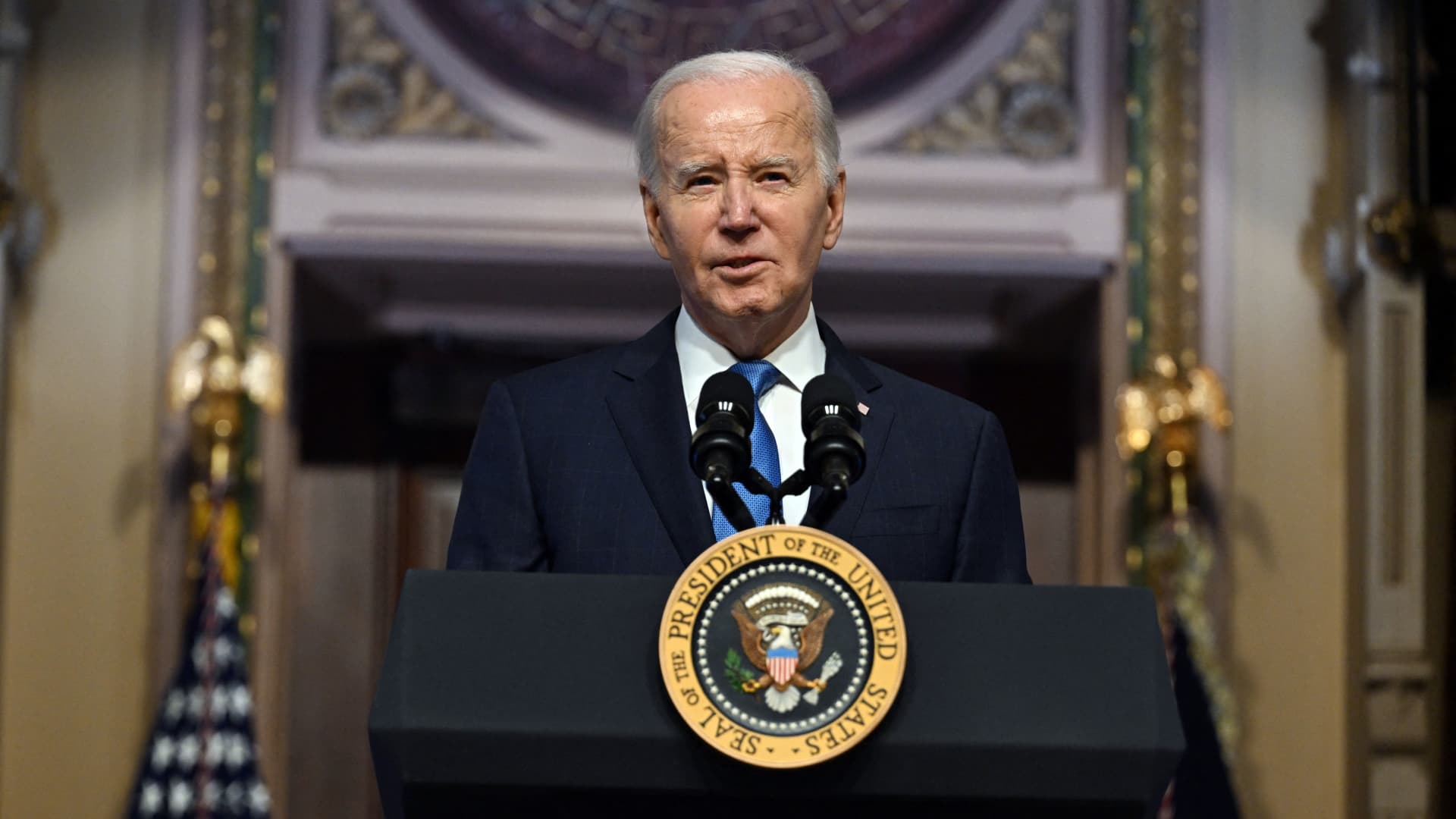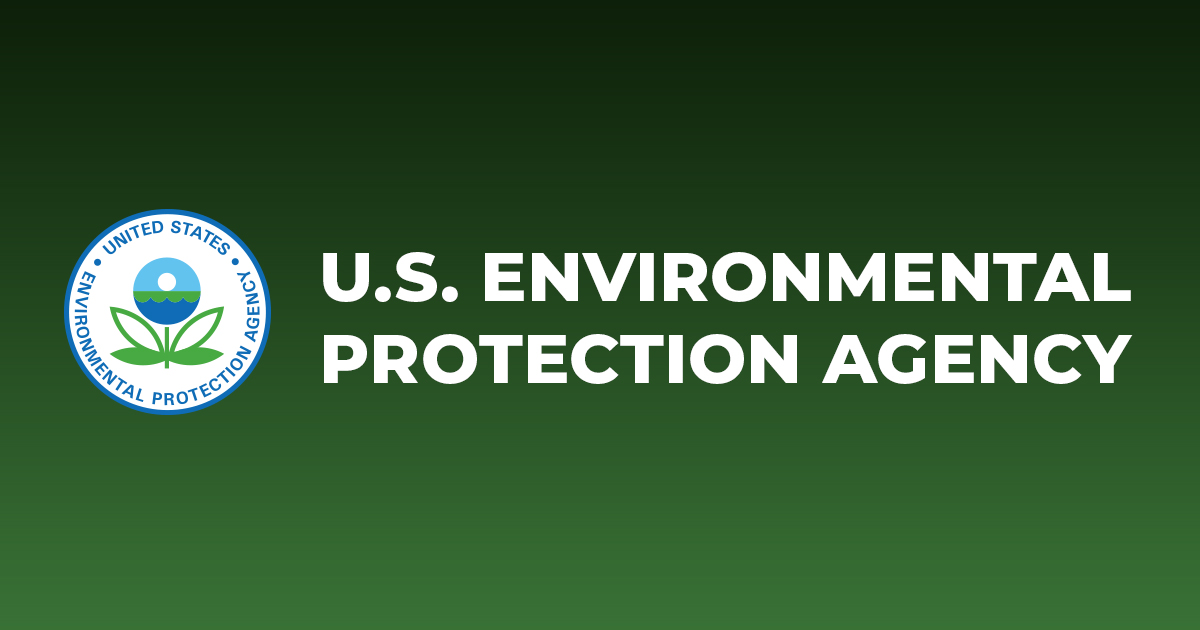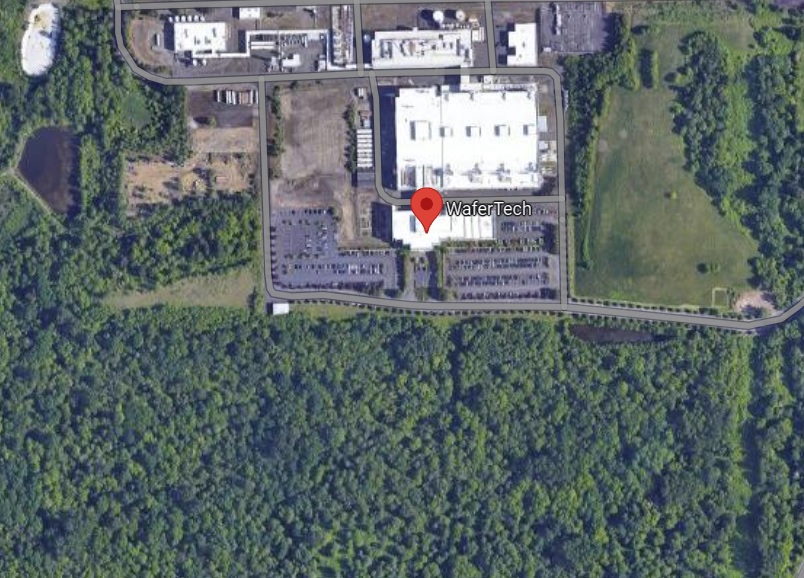The Biden administration is expected to award billions of dollars in subsidies to top semiconductor companies, including Intel and Taiwan Semiconductor Manufacturing Co. (TSMC), in the coming weeks to help build new factories in the United States, The Wall Street Journal reported on Saturday.
The forthcoming announcements are aimed at kick-starting manufacturing of advanced semiconductors that power smartphones, artificial intelligence and weapons systems, the WSJ reported, citing industry executives familiar with the negotiations.
The executives expect some announcements to come before U.S. President Joe Biden’s State of the Union address on March 7, the WSJ report added.
Among the likely recipients of the subsidies, Intel has projects underway in Arizona, Ohio, New Mexico and Oregon that will cost more than $43.5 billion, the Journal said.
TSMC has two plants under construction near Phoenix for a total investment of $40 billion. South Korea’s Samsung Electronics, also a contender, has a $17.3 billion project in Texas.
Micron Technology, Texas Instruments and GlobalFoundries count among other top contenders, WSJ said, citing industry executives.
The U.S. Department of Commerce, Intel, and TSMC did not immediately respond to Reuters request for comment.
In December 2023, U.S. Commerce Secretary Gina Raimondo said she would make around a dozen funding awards for semiconductor chips within the next year, including multibillion-dollar announcements that could drastically reshape U.S. chip production.
The first award was announced in December, of over $35 million to a BAE Systems facility in Hampshire to produce chips for fighter planes, part of a $39 billion “Chips for America” subsidy program approved by the U.S. Congress in 2022.

U.S. to reportedly announce billions of dollars in subsidies for advanced chips
The Biden administration is expected to award billions of dollars in subsidies to top semiconductor companies in the coming weeks to help build new factories.



